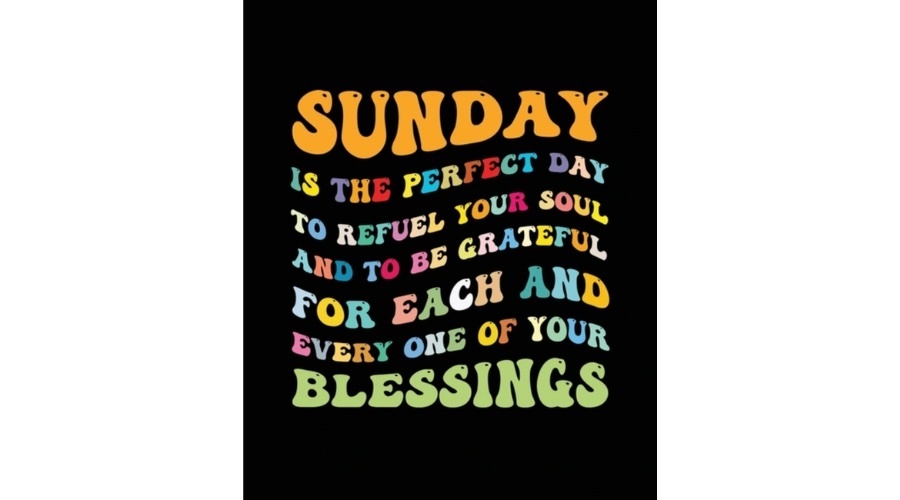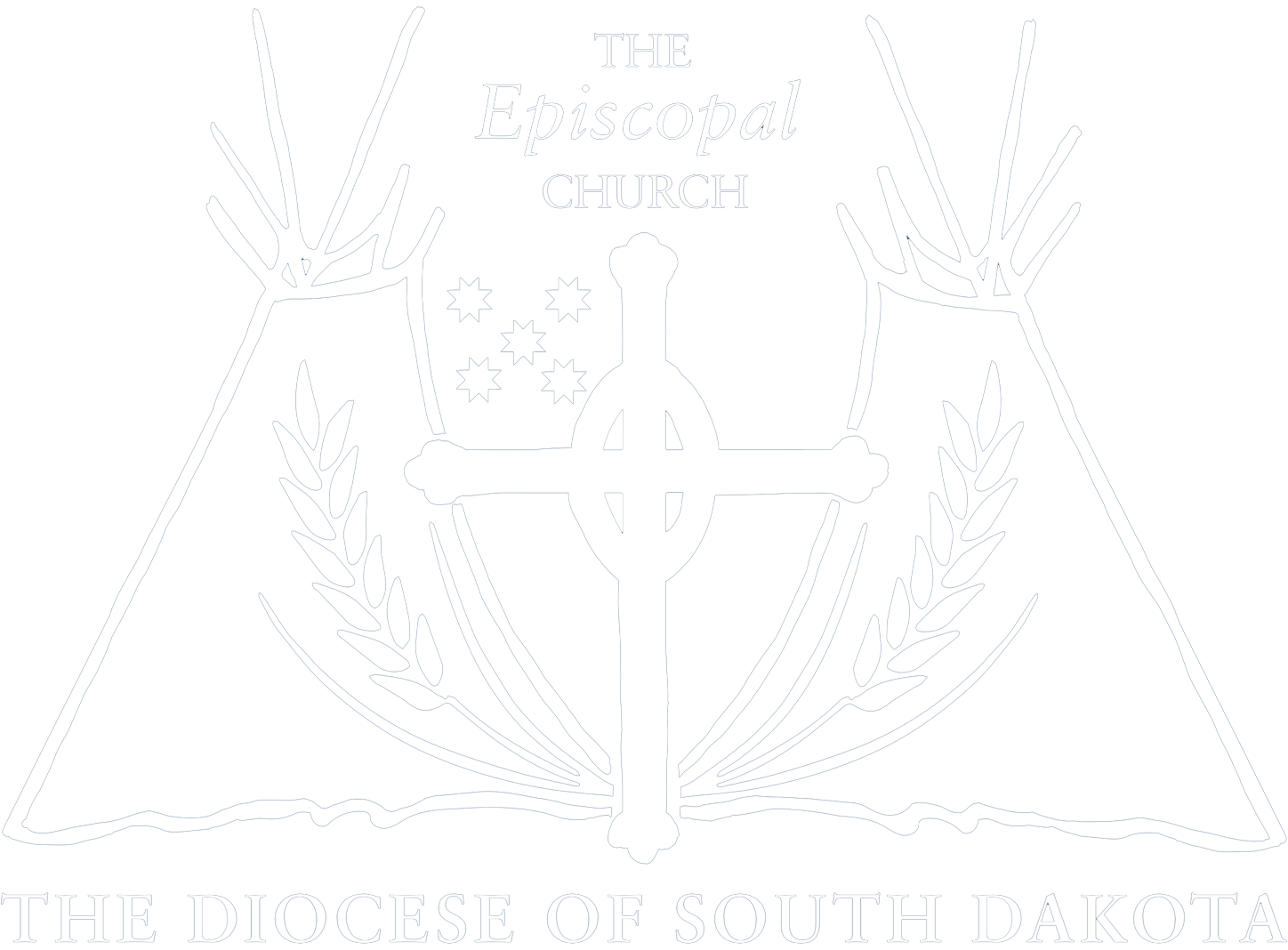Step Into the Story : 3 Ways to Go DeeperCommentary The setting for this week’s story is significant: It takes place at the border. It’s between Samaria and Galilee that Jesus meets 10 people suffering from leprosy, a chronic — and isolating — skin infection. Yet “Jesus seems to be all about crossing boundaries, both physical and theoretical,” writes pastor Dennis Sanders, so he crosses another to heal them. Notably, it’s the foreigner who turns back to give thanks. “As a Samaritan, he . . . knows what it means to be on the other side of a border, and now he knows that things have dramatically changed.” Poetry “Your faith has made you well,” Jesus says to the Samaritan. It’s easy for us to think of faith as buoyant, pristine optimism, but what if sometimes it’s more like down-in-the-dirt persistence — a human instinct for survival? In “The Thing Is,” poet Emma Bass describes the latter. Mindfulness How might we build bridges to healing in our own lives? “No blame, no reasoning, no argument, just understanding,” writes Buddhist monk and peace activist Thich Nhat Hanh. “If you understand, and you show that you understand, you can love, and the situation will change.” Reflection Questions: Take a Moment to Wonder
|

This Sunday from Trinity Church, NYC
October 10, 2025
